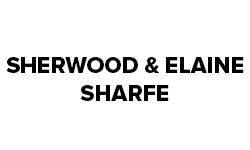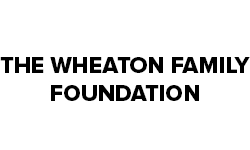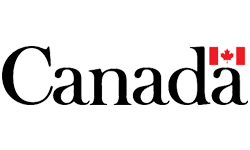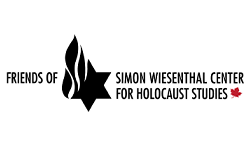Part C
Inquiry Resources
- Take Action: A Guide to Active Citizenship (Kielburger)
- Service-Learning: From Classroom to Community to Career (Watkins and Braun)
- Active Citizenship: Student Action Projects (Case, Falk, Smith and Werner)
- The Complete Guide to Service Learning: Prove, Practical Ways to Engage Students in Civic Responsibility, Academic Curriculum, and Social Action (Kane)
- The Kid’s Guide to Social Action: How to Solve the Social Problems You Choose – And Turn Creative Thinking Into Positive Action (Lewis)
- WeDay.com
- Upworthycom
- The Rise of the Occupy Movement (R.O.V.E.R.)
- BC Teacher’s Federation
- Canadian Teacher’s Federation
- Teaching for Peace
- Canadian Civil Liberties Association
- Democracy Watch – democracywatch.ca
- Human Rights Watch – hrw.org
- Amnesty International:
- Fighting Antisemitism Together (FAST): http://www.fightingantisemitism.ca/
- Voices into Action: http://www.voicesintoaction.ca
Cross Curricular Connections
“If students are to become lifelong learners, develop a sense of self and connection to others, and become engaged citizens and achieve the Cross-curricular Competencies and the outcomes for English language arts, students require meaningful, authentic contexts for learning. Students need many opportunities to explore questions and concerns about themselves and about the world.”
The Concentus Citizenship Education Resources provide teachers with a framework of inquires with which to further students’ explorations of their roles and responsibilities as Canadian citizens, in authentic contexts. These inquiries are directly connected to Social Sciences (History, Native Studies, Social Studies) foundational outcomes and the broad goals of learning identified above. Specific connections to English Language Arts and Treaty Education are identified and suggested as starting points for teachers.
English Language Arts 20 (Unit 2):
Contexts/Themes
Moving Forward – Establishing and Realizing (possible sub-units include: Turning Points and Transitions; Evolving Roles and Responsibilities; Opportunities and Obstacles; Risks and Rewards; Beliefs and Goals)
Essential Questions
- How do our relationships with others evolve and influence us as we mature and age?
- Are all the roles and the work associated with those roles valued or respected equally? How can you ensure that the work you do and the roles you play will be valued and respected equally?
- What are contemporary expectations of adults? How do the roles and expectations of adults vary among cultures and through the various stages of adulthood?
- As we mature and age, what are our responsibilities to self and to others? How do these responsibilities change?
- What does the concept of a balanced life mean? How and why do we plan to achieve balance in our lives? Is the quest for balance universal?
- How do our values and beliefs determine the paths of life that we may explore? What influences or necessitates the re-evaluation of our values and beliefs?
Treaty Education
- TR11: Examine how Canada’s process of treaty making could be applied to situations in other parts of the world where Indigenous people have struggled to have rights recognized.
- SI11: Analyze how the unfulfilled aspects of treaties, with international indigenous people, have resulted in inequities.
- HC11: Evaluate specific treaties that have been, or currently are, in place globally to determine their effectiveness.
- TPP11: Analyze the impact Canadian treaties could have on resolving global conflict.
Glossary
Appendix
© 2024 Concentus Citizenship Education Foundation Inc. All Rights Reserved.









